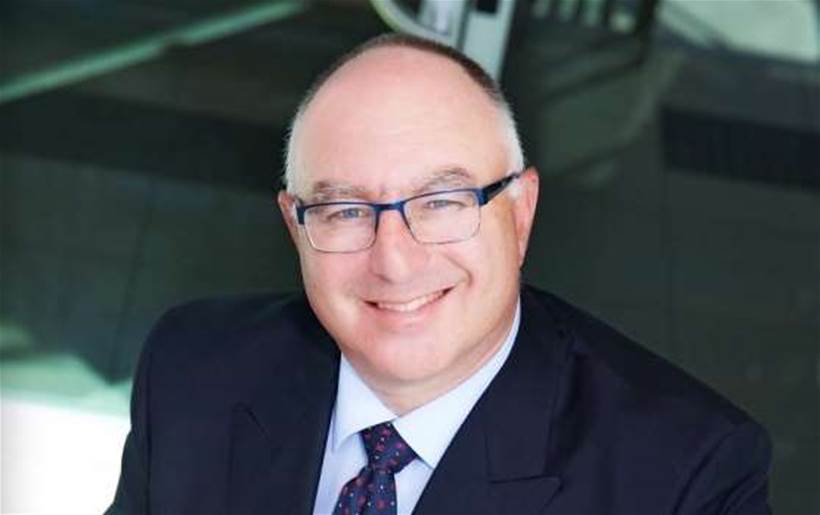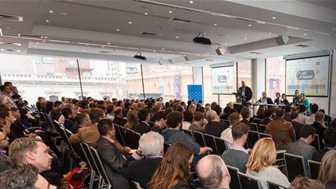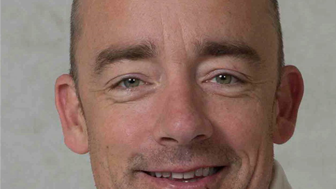It has long been said that the most valuable asset to any enterprise is its people.
While this is still true in many respects, information is quickly transforming the landscape of business and - in the case of many organisations - could easily be seen as its most valuable commodity.
Technology has played its part in this explosion of information, and organisations around the world are scrambling to find new and innovative ways to collect, store, analyse, and act on the endless streams of data available.
David Arkles has seen business transformational shifts first-hand throughout his career, and the influence that emerging technologies have had on enterprises over that time.
As the regional sales director and general manager of Zebra Technologies in Australia and New Zealand, he works collaboratively with customers and Zebra partners to help transform their business practices and to drive positive business outcomes through innovative use of technology that provide insights into business assets that have traditionally been exempt from such close scrutiny.
“I’ve always been interested in what underlying technologies or capacities exist to enable business leaders to enact the changes they believe are necessary, or possible,” he told IoTHub.
Arkles is a firm believer that IoT is “highly transformational, and very much at a point where we’ll see massive and very quick changes in business operations spreading more broadly."
"Think about Uber and its effect on the taxi industry – all business leaders need to be thinking about these things and the implications for their industries, markets and operations," he said.
This is what led to the acquisition of Motorola Enterprise Solutions by Zebra in October 2014.
“Zebra identified that coming together with Motorola, with what each company could bring to the table, would position the new Zebra very uniquely in the IoT space,” he said.
“Working with retail, transport and logistics, healthcare, manufacturing and many other industries, we enable progressive thinking companies to gather, move, store and analyse valuable information which enable better business decisions."
This has formed the basis of Zebra’s ‘Enterprise Asset Intelligence’ philosophy, which “brings the benefits of IoT to the business world and helps drive positive productivity outcomes.”
Arkles believes A/NZ will be "among the first advanced economies to capitalise on IoT”, but that the region is only at the beginning of that journey.
"We’re going to see tenfold-plus growth in the IoT market in the next four to five years," he predicted.
He believes businesses can start to see the benefits of IoT with incremental investment and also notes that technology is only a small part of the IoT conversation.
“We already have so many potential data collection devices out there. The building blocks are there,” he said.
“Now it’s a question of opening up the mind, thinking creatively, and taking advantage of some of the new initiatives we and others are bringing to market.
“The challenge for management will be to understand what is possible, and to have the change management skills and processes in place to enable those changes within their organisations, between organisations, and within and across industries.”







